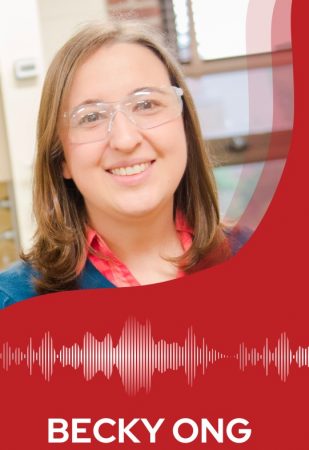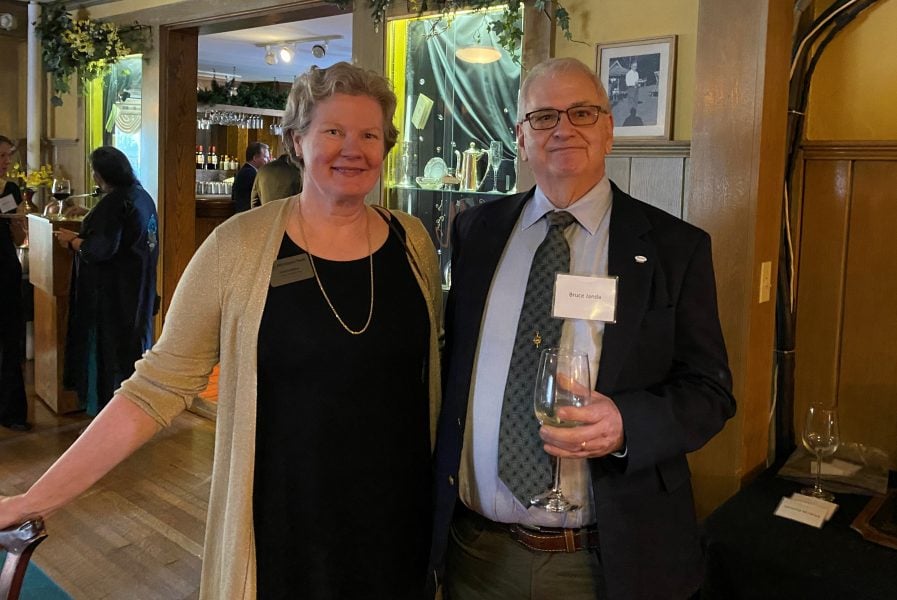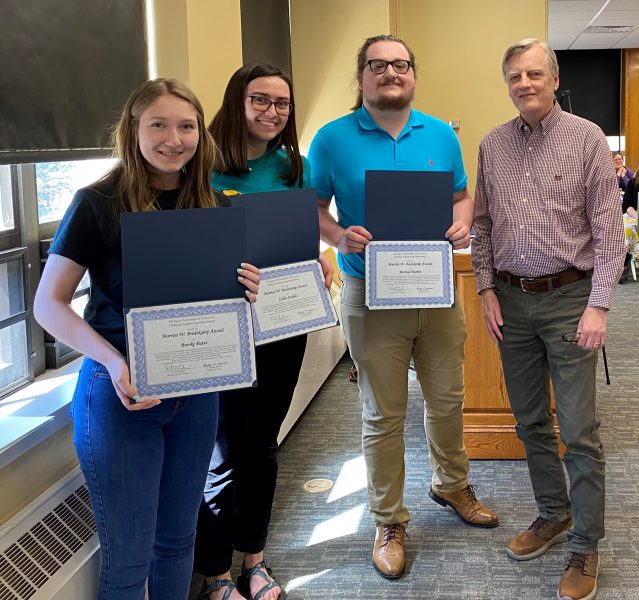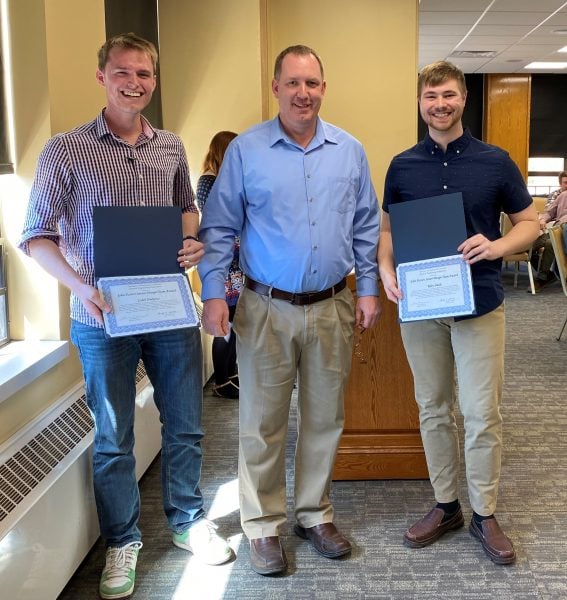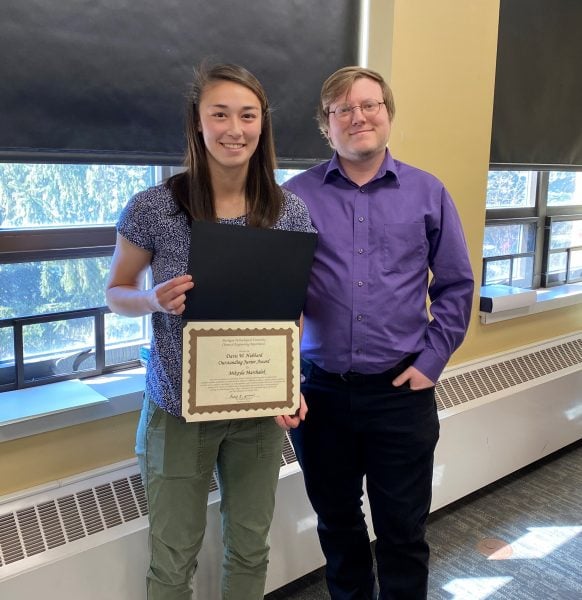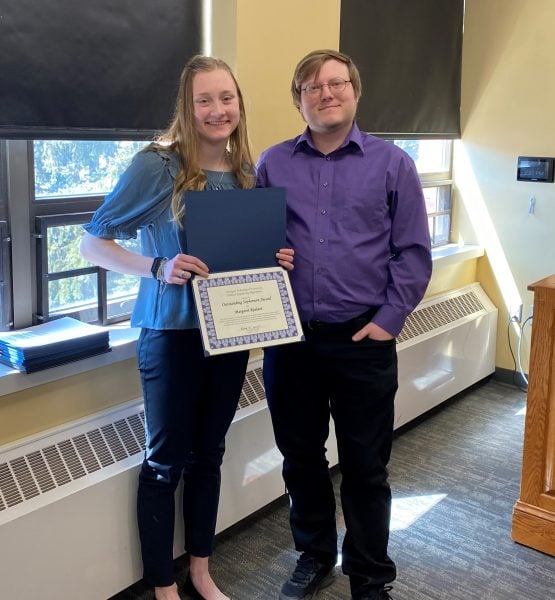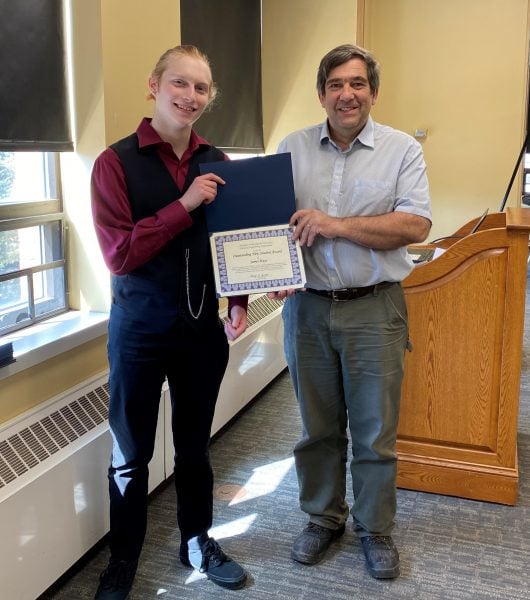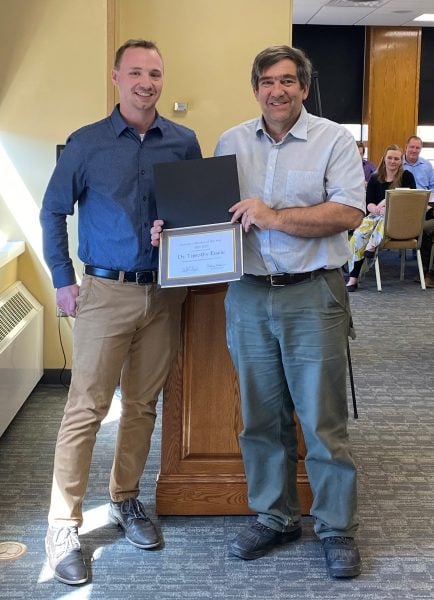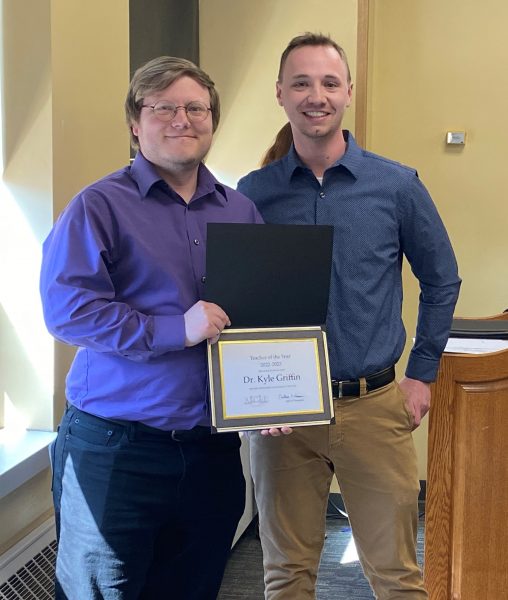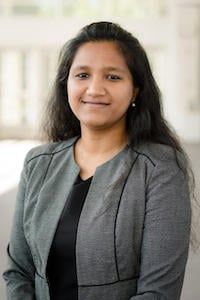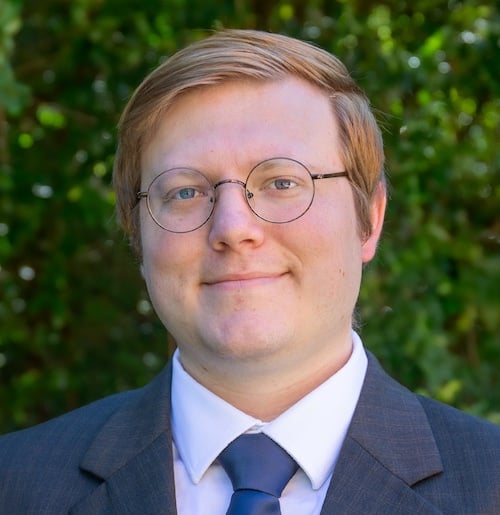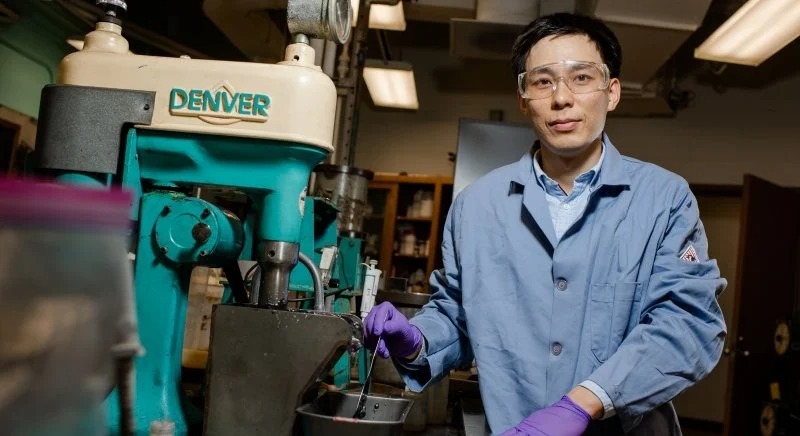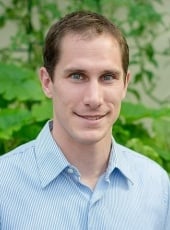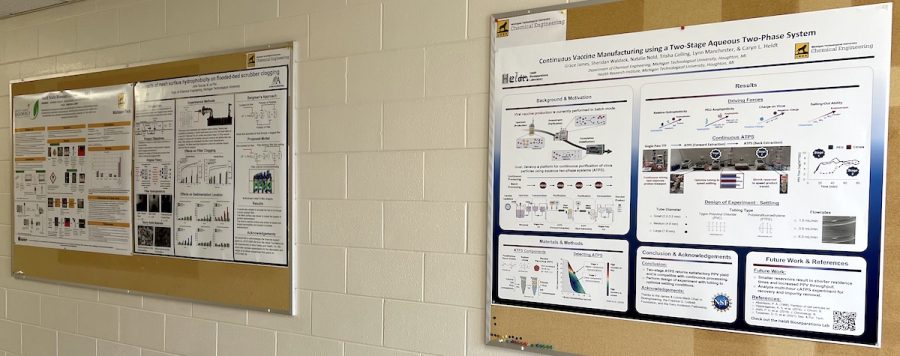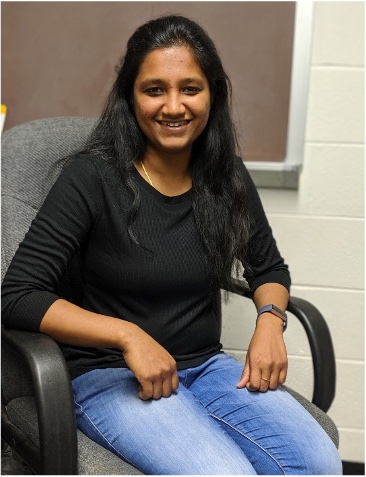Researchers in the Heldt Bioseparations Lab will be attending the ACS fall meeting on August 13–18.
Caryn Heldt – “Empty and full AAV capsid charge and hydrophobicity differences measured with single particle AFM”
Caryn Heldt is the James and Lorna Mack Chair in Bioengineering in the Department of Chemical Engineering.
Caryn Heldt – “Virus encapsulation in polypeptide complexes for thermal stable vaccine formulations”
Caryn Heldt – “Expanding the diversity, equity, inclusion, and sense of belonging of graduate students at Michigan Tech”
Vaishali Sharma – “Mechanistic understanding of eco-friendly surfactants for virus inactivation”
Vaishali Sharma is a PhD student in biological sciences.
Seth Kriz – “Scaling down to scale up: Mass transport of viruses in aqueous two-phase systems”
Seth Kriz is a PhD student.
Natalie Nold – “Economics and process monitoring of continuous vaccine production using aqueous two-phase systems”
Natalie Nold is a PhD student.
The meeting will be held in San Francisco with a hybrid format. The 2023 meeting title is Harnessing the Power of Data.
ACS Meetings and Expositions are where chemistry professionals meet to share ideas and advance scientific and technical knowledge.
The Heldt Bioseparations Lab focuses on the science of viral surface interactions and applies it to vaccine manufacturing and purification.

